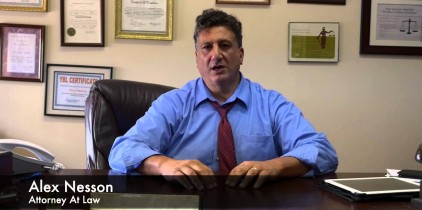As a pet lover with two cats and two dogs, I understand how pets become part of the family. The law allowing pet trusts makes it easy to plan for the care of your pets if you become disabled or die. The pet trust became a law in Massachusetts on April 7, 2011. It allows the pet owner to legally make enforceable trusts which provide for the care of your pets.
The reasons to consider a pet trust are:
• If you have identified a caretaker for your pet and that person needs access to funds to care for the pet, but you do not want that person receiving all the remaining funds after the pets dies;
• If your life expectancy is shorter than your pet’s;
• If there is a concern about who would care for your pet if something were to happen to you;
• If your pet requires specialized care;
• And if you have multiple pets and want to keep the pets together.
To put a pet trust together you need:
• A caretaker and a trustee to handle the finances (a successor trustee or method to choose a successor trustee is also advised);
• Someone (a monitor) to oversee the caretaker or trustee and ensure that they are following their duties appropriately (A trusted veterinarian may be a good choice);
• There also needs to be an accounting which discloses all financial transactions;
• In addition, there should be a life care plan that includes your pet’s standard of living and vet visitation and treatment schedule;
• The plan should also spell out how funds will be put in the trust and what happens to remaining funds in the trusts after the pet’s death.
Even though establishing a pet trust may appear difficult, it is a fairly easy trust for an attorney to set up. I typically charge under $1000 to set a trust up. The pet trust can be modest in scope (No Leona Hemsley needed) and allow a way for you to have peace of mind knowing that your pet will be well taken care of if something happens to you. A pet trust is not for everyone, but should be examined as one part of your estate planning.







